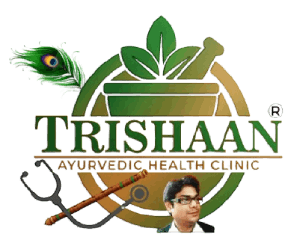
What is ‘Ayurveda’?
The concept of ‘Ayurveda’ originated more than 5000 years ago which is clearly mentioned in Sanskrit. ‘Ayurveda’ originated in India. But it is heavily practised in India and Nepal. It is said that the concept, ‘Ayurveda’, owes its origin to the God, Brahma, who created the universe as per the Hindu Mythology. He passed the whole knowledge of Ayurveda to the sages for the well-being of the humans. After that, the sages passed this knowledge to their followers and then to the common man.
The word, ‘Ayurveda’, is a concept of Ancient Indian System of Medicines. It is derived from the Sanskrit Words, ‘Ayu’ (Life) and ‘Veda’ (Knowledge or Science). It has developed a comprehensive range of Therapeutic Measures to fight with illness to maintain your health.
Ayurvedic Treatment consists of ‘Samshodhana Chikitsa’ and ‘Samshamana Chikitsa’. ‘Samshodhana Chikitsa’ means ‘Biopurification of the Body’, and it deals with Physico-Physiologic Measures. On the other hand, ‘Samshamana Chikitsa’ means ‘Palliative Treatment’, and it deals with the pre-detection of Diabetes, and provides preventive measures for that.
Basic Principles
Ayurveda, a traditional Indian system of medicine, is based on the idea of balancing your body, mind, and spirit through different natural remedies. The concept of ‘Ayurveda’ consists of five elements, such as:
- ‘Akasa’ (Space, Basic Ethereal Element).
- ‘Vayu’ (Air, Basic Gaseous Element).
- ‘Agni’ (Fire, Basec Thermal Element).
- ‘Jala’ (Water, Basic Aqueous Element).
- ‘Prithvi’ (Earth, Basic Earthy/Gross Element).

The Three Doshas
Each dosha is associated with your Physical Qualities, Personality Traits, and Emotional Strengths & Weaknesses.




